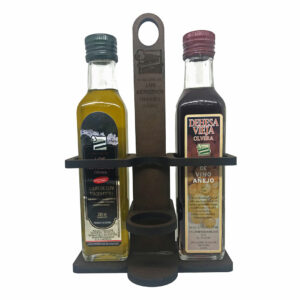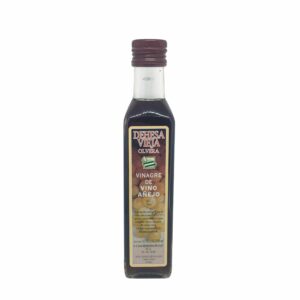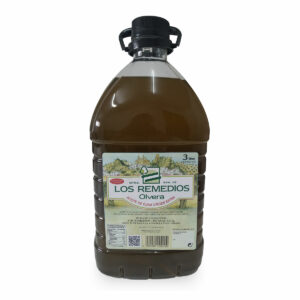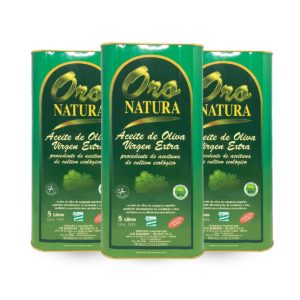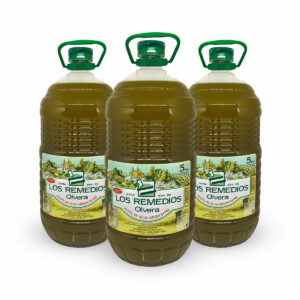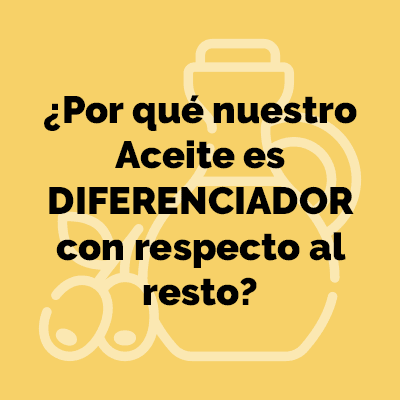THE IBERIAN PORCINE HAS EXPERIENCED AN INCREASE OF MORE THAN ONE 30% IN 2014
The Andalusian Iberian pig herd has experienced an increase in the year 2014 of something more than one 30 % regarding 2013, according to the General Informative Registry of Independent Control Organizations of the Iberian Peninsula (Riber) of the Ministry of Agriculture. The number of copies at the end of the fourth quarter of 2014 It was from 61.832 in front of 42.728 registered in the same period of 2013. Of the total number of copies, the record shows that 13.846 are certified as 100 % Iberian, that is to say, those that are raised in dehesa, fattened only with acorn, what it means around 22 %. By provinces, the main producer of Iberian pigs is Seville, with 19.882, followed by Córdoba with 18.962 and Huelva, with 11.439; after them, the rest have cabins inferior to those 5.000 specimens.
The main producing provinces have achieved significant increases compared to the same period of 2013: Seville has increased its cabin in a year a 43,75 %, Huelva a 32,2 % and Córdoba a 51,9 %.
With respect to the rest of the provinces, the case of the province of Jaén stands out, which has gone from 75 a 666 specimens, which represents an increase in 800 % and the one in Malaga, where they registered 4.625 specimens in front of 885 from 2013, which represents an increase in 423 %.

